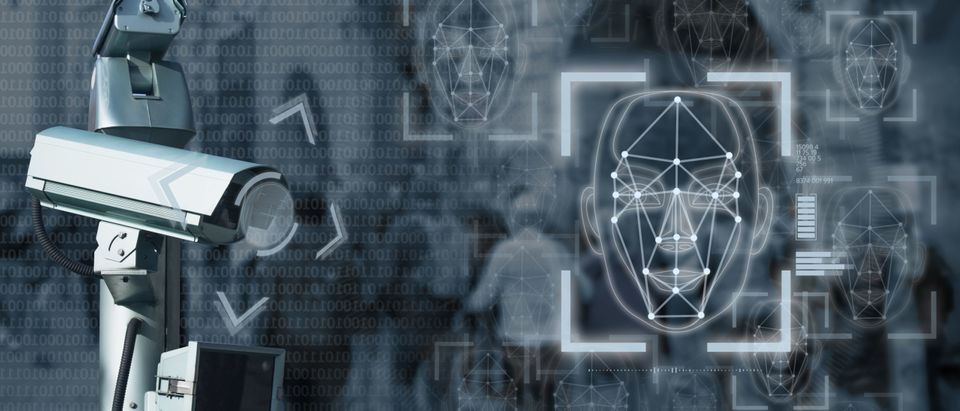The Biden administration is considering partnerships with private cybersecurity firms to gather and monitor online data, according to a report.
The Department of Homeland Security (DHS) is discussing a plan that would allow them to circumvent limits on intelligence gathering, CNN reported Monday. Federal agents are only allowed by federal law to scroll through public posts on social media and cannot use burner accounts to follow private accounts or enter private chat rooms. However, the reported DHS plan would enlist private cybersecurity firms to engage in those practices.
The Biden admin is considering using outside firms to track extremist chatter by Americans online, an effort that would expand the govts ability to gather intel but could draw criticism over surveillance of citizens. @ZcohenCNN & @KatieBoWillCNN reporthttps://t.co/VI7wbYvLXJ
— CNN NationalSecurity (@NatSecCNN) May 3, 2021
In the aftermath of the Jan. 6 Capitol riot, Republicans and Democrats criticized security officials for intelligence failures that caused them to underestimate the number of people that would attempt to enter the Capitol. “There was a clear failure by the security leaders on Capitol Hill to prepare for Jan. 6,” Republican Arkansas Sen. Tom Cotton said in February.
Nearly one-third of individuals charged with entering the Capitol on Jan. 6 used Facebook to plan their activities, a George Washington University analysis found. The Biden administration’s proposal would empower the DHS Office of Intelligence and Analysis to partner with outside groups to surveil those social media users and others that they suspect of wrongdoing, a source told CNN.
“We are exploring with our lawyers, civil rights, civil liberties and privacy colleagues, how we can make use of outside expertise,” an anonymous DHS official told CNN.
The Office of Intelligence and Analysis is currently under investigation by the Biden administration for its role in combating left-wing rioters in Portland during the summer of 2020. (RELATED: ‘They Are Terrorists’ DHS Says Investigations Into ‘Criminal Rioters’ Continue)
Using private contractors to monitor social media sites would give DHS a work-around to warrant requirements. The government is required to obtain warrants before accessing private messages and social media accounts. However, in the new reported plan, the private contractors could tell the government officials what information they saw, thus avoiding the warrant application.
The Exclusionary Rule, first formulated by the Supreme Court in Mapp v. Ohio, prohibits the government from using information that it obtained illegally, usually meaning without a warrant, in court. However, evidence first obtained by private citizens may be used in court, regardless of how it was obtained, as long as the private citizen is not acting as an agent of the police.


